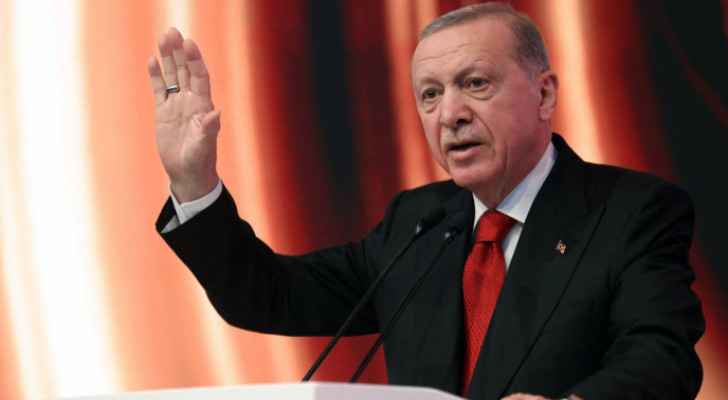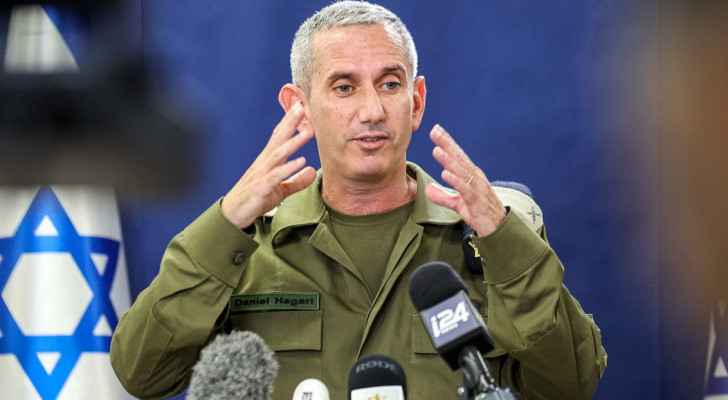Reclaiming The Lost City, Beirut - By Ghassan Charbel, Asharq Al-Awsat
As if the winds of painful ends stormed the city. Dead bodies are left on the streets because of lack of space. As some leading hospitals sustained heavy losses and as the scale of the tragedy exceeded the capacity of the firefighters, civil defense, the Red Cross and the medical staff… the lost city, was declared in disaster mode.
Beirut woke up to the horrors of a stab unlike anything seen before. This is the day of funerals and they are many… It’s the day to keep searching for the missing and they’re not a few. It’s the day to assess the damage, which is colossal. The blast did not spare ceilings, walls, and façades, nor did it have mercy on places of worship, hospitals, and schools. As if a massive killer decided to finish off the city and shower its people with crushed glass and rubble. Stark death came at the worst moment.
It was no secret that the sun of Lebanon was setting. And that the Lebanese decision-makers did not catch the meaning of the major changes in the region to invent a new role for their country. It was clear that they were delving into other dictionaries.
Lebanon seemed to be heading towards its centenary this year, handcuffed, and devastated. There are those who believe that this small entity, which was built a century ago, was a mistake. The events revealed the lack of a solid base that would guard the map and protect it from foreign appetites and internal adventures.
The Lebanese refuse to admit the declining role of their country, as do those who refuse to acknowledge getting old. They lie to themselves, then the events happen and deny their claims. A country’s roles are not gifts received for free. They are made with effort, patience, good use of experiences, and timing.
In the past few years, Lebanon was no longer a player, whose role is to be taken into consideration. It was no longer a source of danger to others, but rather a source of danger to itself.
The circumstances that gave Lebanon the opportunity to present itself as an open window for the future have changed. It lost its pioneering role. It was no longer a laboratory for the interaction of ideas, but rather closer to a container of explosives. It was no longer an explicit lesson of tolerance, but rather came to confirm the thorny nature of coexistence between differences.
It is no longer the lung, the window, and the island sought by those who are burdened with the weight of censorship in their countries or the distress of their decision-makers. The region has changed but Lebanon remained engaged in futile internal political wars. It is no longer a pioneer in the media, higher education, and hospitalization, nor in the banking sector.
In this dilapidated Lebanon, the earthquake erupted, as if the city’s port chose to kill the city and drown with it. After horrific hours, it was revealed that dangerous materials had been left for years in the port. Neglect turned into a massive bomb that was able to silence a nation and end a war.
The Lebanese were trying to confront hunger that persistently knocks on their doors. But death stormed into their houses, bringing the brutal coronavirus and poverty back to the second row.
Yesterday’s most painful scenes were those of the parents of the missing. Anxiety and fear turned into horror as time passed without hearing reassurance or clarification.
Missing people in a lost capital. This saying is not exaggerated. Years ago, the Lebanese lost their capital. It is no longer the natural center for their decision, coexistence, and unity.
Beirut was lost. It is no longer the Lebanese people’s opportunity and window to progress and freedom.
Beirut became the arena for intimidation and attempts to impose dictionaries and vocabulary in complete disregard for the nature of the country and the city.
General Michel Aoun has failed to enter the palace with a rescue project. He wasted three years of his tenure and of the Lebanese people’s life. He missed the opportunity that he had created at the beginning of the era for a wide rally around him, even from his former opponents.
His advisors did not overcome the ideas of the past decade. They squandered his credit in small wars. The circle of relatives deepened grudges and awakened hatred. The Lebanese revolted against those who stole their money, and the punishment was a bleak government that lacks experience, knowledge and independence, hastening the collapse towards the abyss.
But there’s a silver lining in this disastrous darkness. The Lebanese assets in the banks of Beirut evaporated, but Beirut’s credit in the world’s heart did not evaporate. This is what Arab, Islamic and international reactions have shown. The relationship with Lebanon is one thing, and that with the residents of the Palace and the Serail is another.
Perhaps it is the last chance for General Aoun to restore the minimum necessary for an independent decision and for putting back the country on the right track within the international community rather than dragging it into regional axes.
When the Lebanese decide to regain their capital, they will find in the region and the world those who encourage them to reclaim their modest role in the region and their humble position on the world map.
Before the arrival of visitors and aid, General Aoun should review his policy and his accounts. He must give back to the Lebanese their lost capital; otherwise, history will blame him for its loss.
It is his last chance to save the remainder of his tenure and save the country from disintegration. He must change his approach and reconcile with the facts and the conditions for getting out of the economic abyss.
The lost capital can only be recovered with a serious project for statehood. Only a serious state must govern, hold accountable, punish, reassure, and defend the citizens and the land. The failure to take this path takes the tenure and its master towards painful ends.
Latest News
 Prosecution lays out ‘criminal conspiracy’ in historic Trump trial
Prosecution lays out ‘criminal conspiracy’ in historic Trump trial King from Madaba: Jordan has always proven its ability to move forward with persistence of Jordanians
King from Madaba: Jordan has always proven its ability to move forward with persistence of Jordanians Safadi discusses war on Gaza with French, German delegations
Safadi discusses war on Gaza with French, German delegations Erdogan arrives in Baghdad for first official visit since 2011
Erdogan arrives in Baghdad for first official visit since 2011 “Israeli” army says it approved plans for “continuation of war in Gaza”
“Israeli” army says it approved plans for “continuation of war in Gaza”
Most Read Articles
- Safadi discusses support to Syrian refugee with DRC
- King, Kuwait emir reaffirm pride in deep-rooted relations
- Jordan condemns Israeli 'war crimes' in Gaza, calls for accountability
- Israeli Occupation aggression on Gaza enters 200th day
- UNRWA’s role in Gaza indispensable — Foreign Ministry
- General Motors lifts 2024 profit forecast after strong Q1
- Azerbaijan says ‘closer than ever’ to Armenia peace deal amid border talks
- 16 dead, 28 missing in migrant boat capsize off Djibouti — UN
- Unraveling the nexus: Credit facilities and economic growth - By Adli Kandah, The Jordan Times
- The ideological coup: How disciples of Kahane became the new face of Israel - By Ramzy Baroud, The Jordan Times